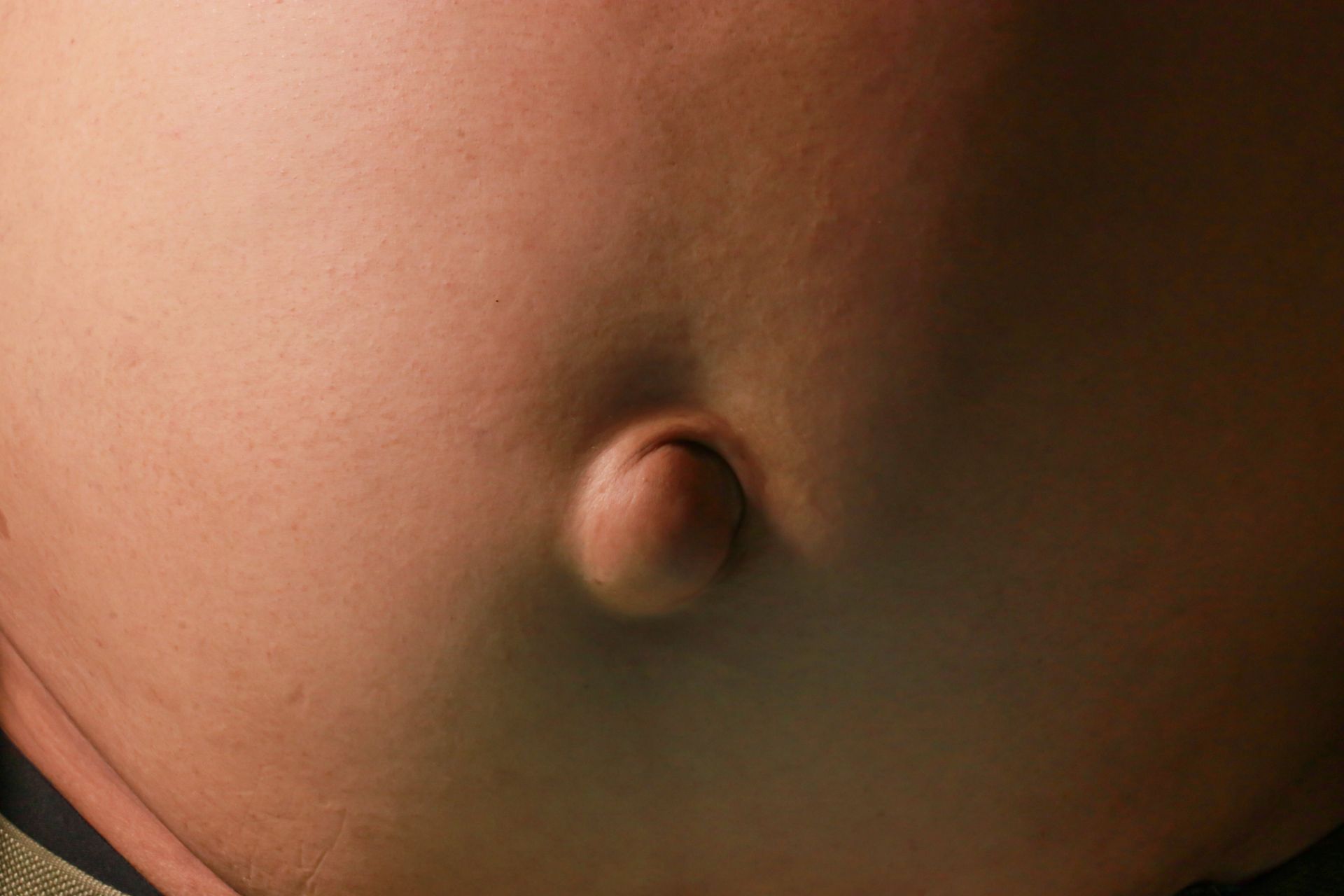Mount Elizabeth Novena Hospital #10-48/49
Can Hernia Heal Without Surgery?
A hernia is a condition that can be painful for both men and women. If you were diagnosed with a hernia, you may be curious to know: can it heal on its own, or is surgery necessary?
This article explores hernias, whether they can heal without surgical intervention, and what to expect from
hernia surgery, including the recovery process.
What is a Hernia?
A hernia happens when an organ or tissue slips through a weakened area of muscle or tissue that should hold it in place. This condition can develop in various body parts, although it most commonly occurs in the abdominal region. Hernias are classified into types based on their location:
- Inguinal Hernia: Found in the groin area and more common in men.
- Femoral Hernia: Occurs near the upper thigh, more commonly in women.
- Umbilical Hernia: Develops around the belly button, often seen in infants and overweight adults.
- Hiatal Hernia: Located in the upper stomach area near the diaphragm.
Hernias may appear as a visible bulge, especially when standing, straining, or coughing, and may be accompanied by discomfort or pain. While some hernias cause only mild symptoms, others can cause significant pain and may require intervention to prevent complications.
Can a Hernia Heal Without Surgery?
The short answer is that hernias do not heal on their own without surgery. Once the muscle or tissue wall has been weakened and an organ pushes through, the body is unable to reverse this on its own. Unlike other minor injuries, the structural defect in the muscle wall does not repair itself over time, and leaving a hernia untreated may worsen the hernia.
Risks of Leaving a Hernia Untreated
Leaving a hernia untreated can lead to potential complications, some of which can be severe:
- Incarceration: The herniated organ / tissue becomes trapped in the hernia , and cannot be returned back into its original position.
- Strangulation: A severe condition where the blood flow to the herniated tissue is restricted, which can lead to tissue death. This requires emergency surgery.
Because of these risks, many doctors recommend surgical treatment even for hernias that aren't causing discomfort yet.
Hernia Surgery Procedure
Hernia repair surgery is the most effective for directly addressing the weakness in the tissue wall. The two primary surgical methods for hernia repair are open surgery and minimally invasive (laparoscopic) surgery.
Open surgery
In open surgery, an incision is made over the hernia site, and the bulge is repositioned back into place. The surgeon then repairs the muscle wall, often using a mesh to reinforce the area and reduce the risk of recurrence. Open surgery is more invasive than laparoscopic surgery and often requires a longer recovery time. However, it is effective and is often used for more extensive or complex hernias.
Laparoscopic / Robotic (Minimally Invasive) Surgery
Laparoscopic / Robotic surgery or keyhole surgery involves making smaller incisions and the use of a tiny camera (laparoscope) to guide the surgeon in repairing the hernia. This method has the advantage of quicker recovery and less postoperative pain. However, laparoscopic / robotic surgery may not be suitable for all types of hernias. Your surgeon will be able to advise you on this.
Both surgical methods have high success rates, and the choice of treatment is based on surgeon ability and preference, the size and location of the hernia, as well as the patient's overall health and lifestyle.
Recovery from Hernia Surgery
Recovery time from hernia surgery varies depending on the type of procedure performed, the patient's health, and the patient's adherence to post-surgery care guidelines.
Post-surgery Care
Following hernia surgery, patients are instructed to:
- Avoid lifting heavy objects and taking part in strenuous activities for several weeks.
- Gradually return to regular activities, depending on comfort and your surgeon’s advice.
- Manage pain with prescribed medications and take steps to avoid excessive straining such as constipation.
- Check the incision site regularly for signs of infection, such as redness, swelling, or excessive pain.
Expected recovery time
- Open surgery: Full recovery for any surgery of this nature usually takes four to six weeks.
- Laparoscopic surgery: Patients may return to light activities within a week, with a full recovery expected in four weeks.
Hernia Surgery in Singapore
Surgery remains the only effective treatment for most hernias. This is to repair the tissue weakness and prevent potential complications. Colorectal Clinic Associates is dedicated to providing comprehensive hernia treatment options. Our experienced surgeons in Singapore specialise in both open and laparoscopic / robotic hernia repairs.
We work closely with each patient throughout the diagnosis, treatment, and recovery process, offering guidance and support to help patients regain their health and confidence.
Book an appointment for hernia treatment.






